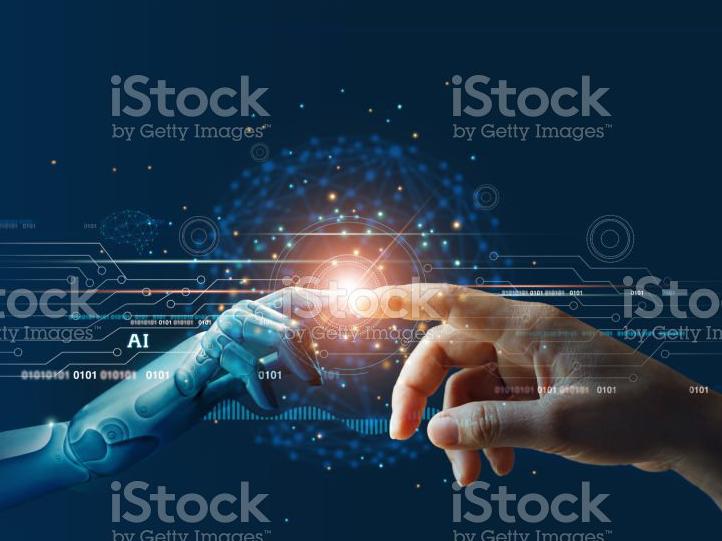
2 minute read
Transforming Legal Practice with AI: Opportunities and Challenges Ahead
from AI and Law
CAITLIN VAN RENSBURG, EDITOR, IN-HOUSE COMMUNITY
As technology continues to advance, the legal industry remains no exception to its effects. Law firms are now turning to artificial intelligence (AI) to assist with tasks such as contract drafting, legal research, and even predicting case outcomes. While the use of AI in the legal field is still relatively new, it has already shown promising results in increasing efficiency and reducing costs. However, as with any new technology, there are also concerns about the potential risks and drawbacks.
Interestingly, this introductory paragraph (along with its cautious acknowledgement of AI risks) was not written by me at all, but by ChatGPT – itself an AI chatbot tool developed by OpenAI and launched in late 2022. Its release, together with other natural language processing models like Google Bard and Bing AI, have dominated headlines by making generative AI widely accessible with exciting opportunities for application in fields such as law.
The use of AI in the legal profession is, of course, not new. For instance, it is reported that Shearman & Sterling have used a wide variety of AI tools, including Kira for due diligence, while White & Case is reported to use tools such as Brainspace and Relativity to assist with document review for discovery. However, this new wave of innovative AI platforms represents a potentially steep upgrade on previous tools with widescale adoption predicted.
Indeed, hot on the heels of the ChatGPT release came Allen & Overy’s announcement in February 2023 of its global integration of “Harvey” - an AI platform founded by a team of former lawyers, entrepreneurs and engineers and built on a version of Open AI’s latest model, specially enhanced for legal work. This announcement came after a particularly short beta trial at A&O beginning in November 2022, although this time did allow for 40,000+ queries to be given by 3,500+ lawyers!
Harvey uses natural language processing, data analytics and machine learning to help generate insights, recommendations and predictions based on huge amounts of data with potential application in due diligence, litigation, contract analysis and regulatory compliance. A&O have, however, made quite clear that Harvey is but a tool for its lawyers, with all outputs to be carefully reviewed.
Not long after the announcement from A&O came word from PwC of its own 12-month contract with Harvey to help speed up the contract and due diligence work of its 4,000 lawyers, with additional plans in the pipeline for use in its tax practice. PwC has further stated that it plans to create customised products for legal and tax clients using Harvey’s platform.
Some of the main benefits of using AI tools like ChatGPT and Harvey include helping lawyers save time and improve efficiency. Legal research is a time consuming and laborious process for the human mind, and AI tools like Harvey have the potential



